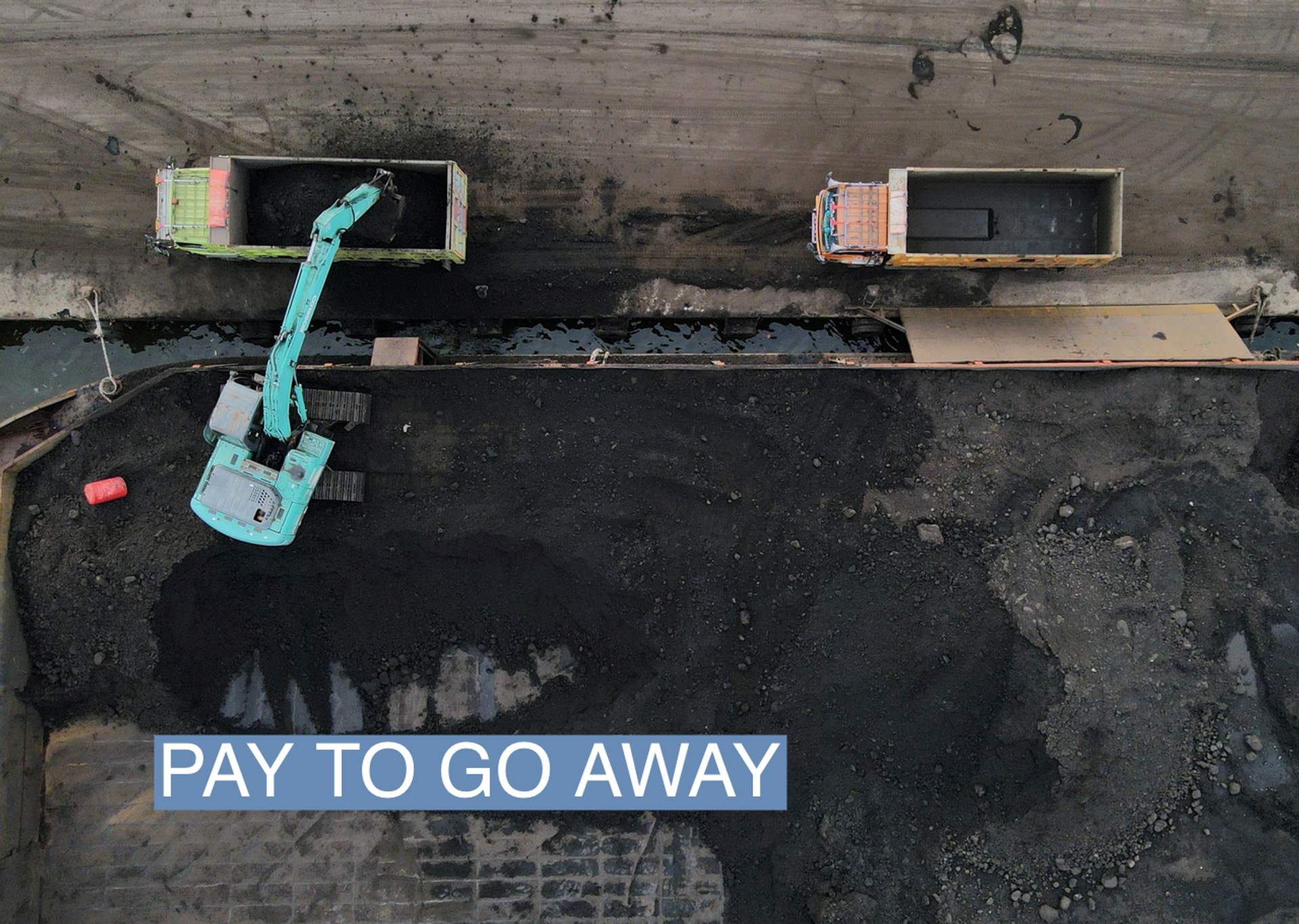The News
Indonesia, one of the world’s largest users and exporters of coal, will pledge to reduce reliance on the energy source as part of a $15 billion deal with a group of developed countries that is expected to be announced tomorrow, according to people familiar with the negotiations.
It would be the second such agreement that developed countries have struck, after a smaller one last year with South Africa. Vietnam is currently in negotiations for a similar deal, while India and Senegal are also being considered as candidates for future agreements.
The deal involving Indonesia is expected to be announced at the opening of a Group of 20 (G20) meeting hosted by Indonesia in Bali. It would also coincide with the second week of the COP27 global climate summit, where both developed and developing countries have been following the negotiations. The two sides have been sharply at odds over demands by developing countries that developed countries provide vastly more funds for them to cut emissions and tackle climate change.
The Indonesia deal, which will likely include $10 billion from governments and $5 billion of private funds from multinational companies, would impose limits on the construction of some new coal plants while closing some existing plants. Indonesia would also agree to reduce government subsidies to the coal industry. The U.S. and Japan are leading the negotiations, with the latter providing a significant chunk of the funding, according to people familiar with the talks.

Bill’s view
A deal to help Indonesia reduce its coal industry would be an important accomplishment for developed nations at COP27. The U.S., U.K., and Europe — all big promoters of eliminating coal to reduce global emissions — have struggled to show their commitment to helping developing countries address climate change.
That’s caused tensions between developed and developing countries that have festered from the beginning of this COP. Wrangling continues over how much money developed nations might be willing to pay for developing countries to compensate them for climate damage. U.S. Climate Envoy John Kerry has dampened expectations that developed countries will agree to any funding that leaves them exposed to open-ended demands for such compensation.
But Kerry and other Western leaders want to show that their countries — and their private investors — are willing to provide substantial funds to help developing countries reduce their greenhouse gas emissions and adapt to climate change. Last week Kerry floated a plan to encourage businesses to purchase carbon credits from developing countries in exchange for emissions created by coal-fired generation plants.
The idea for what’s been dubbed the Just Energy Transition Partnership was hastily cobbled together at last year’s COP26 in Glasgow, Scotland, where a group of developed countries offered South Africa an $8.5 billion package to wind down its coal plants. The funding is intended to cover not just the costs of closing down the generation plants, but also address the wider loss of jobs and economic hardship in the communities where the plant operates.
The Just Energy Transition Partnership model is another way developed and developing countries are agreeing to move money to cut global carbon emissions.
“Recognizing the finance needs that countries and people are feeling is very high on the radar here,” said Jake Schmidt, who directs the international climate program at the National Resources Defense Council.
Room for Disagreement
At a summit where developed countries are demanding specifics, Kerry’s carbon credit plan remains vague and relies on a funding mechanism, carbon credits, that faces skepticism. The proposal would not produce any funds for years, while offering companies opportunities to spin their alleged green good deeds..
The Just Energy Transition Partnership offers far more detailed plans. But each one has to be tailored to the needs of a specific country and then fashioned around the requirements of some configuration of developed countries’ lending and grant-making abilities. The South Africa deal still isn’t sealed a year after it was announced. Indonesia’s deal has been under negotiation for nearly the same length of time.
They are slow moving solutions in a world where fossil fuels need to be phased out quickly.
“We’re talking about five deals here. There’s so many other countries that need to have this sort of transition,” said Camilla Fenning of the climate and energy think tank E3G. “We need to be able to tackle these with a lot of countries at the same time.”
The View From Vietnam
Next up in Just Energy partnerships could be Vietnam, a major coal user that suddenly became a leader in installing renewable energy over the past several years. Developed countries had hoped to reach a deal with the government, now led by an advocate of renewable energy.
Complicating matters is Vietnam’s move to imprison a prominent environmental activist, Nguy Thi Khanh, on tax evasion charges last June. The 46-year-old activist and energy expert has advocated that the government drastically reduce the use of coal.
Western governments, including the U.S. have called for Vietnam to release Khanh, but she appears to be caught in a political fight between Prime Minister Pham Minh Chinh, who favors a transition to green energy, and officials in the energy and other ministries backing the continued use of coal.
Still, Vietnam is considered likely to reach some sort of partnership deal with developed countries, perhaps before the end of the year. That’s in part because of the country’s growing importance as a Western-friendly alternative to China for manufacturing as companies seek to diversify their supply chains. Those suppliers will increasingly need to operate on clean energy to meet tightening guidelines in Europe and the U.S.
